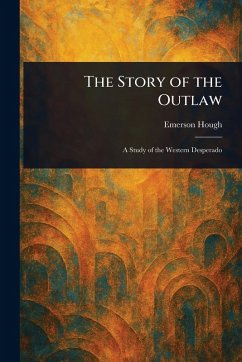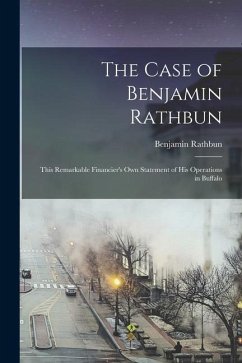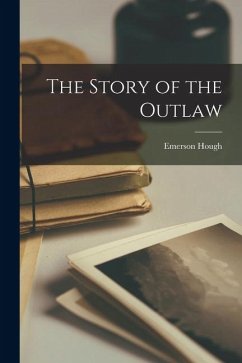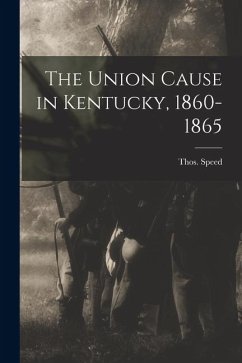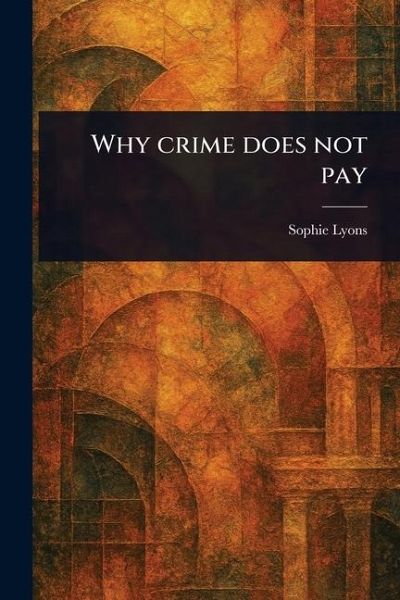
Why Crime Does Not Pay

PAYBACK Punkte
11 °P sammeln!
"Why Crime Does Not Pay" offers a rare and compelling glimpse into the life of a criminal. This gripping autobiography, written by Sophie Lyons, recounts her experiences within the criminal underworld. A fascinating memoir exploring the realities of criminal life, the book delves into the motivations, consequences, and ultimate futility of a life of crime. This unique biography, categorized under Social Sciences and True Crime, provides a powerful perspective on criminals and their world. Lyons' narrative is a testament to the pitfalls and disillusionment inherent in the pursuit of illicit gai...
"Why Crime Does Not Pay" offers a rare and compelling glimpse into the life of a criminal. This gripping autobiography, written by Sophie Lyons, recounts her experiences within the criminal underworld. A fascinating memoir exploring the realities of criminal life, the book delves into the motivations, consequences, and ultimate futility of a life of crime. This unique biography, categorized under Social Sciences and True Crime, provides a powerful perspective on criminals and their world. Lyons' narrative is a testament to the pitfalls and disillusionment inherent in the pursuit of illicit gain, offering a historical viewpoint on criminal reform and the cycle of crime. Readers interested in biographies of criminals and the study of criminology will find "Why Crime Does Not Pay" a captivating and insightful read. This work has been selected by scholars as being culturally important, and is part of the knowledge base of civilization as we know it. This work is in the public domain in the United States of America, and possibly other nations. Within the United States, you may freely copy and distribute this work, as no entity (individual or corporate) has a copyright on the body of the work. Scholars believe, and we concur, that this work is important enough to be preserved, reproduced, and made generally available to the public. We appreciate your support of the preservation process, and thank you for being an important part of keeping this knowledge alive and relevant.




